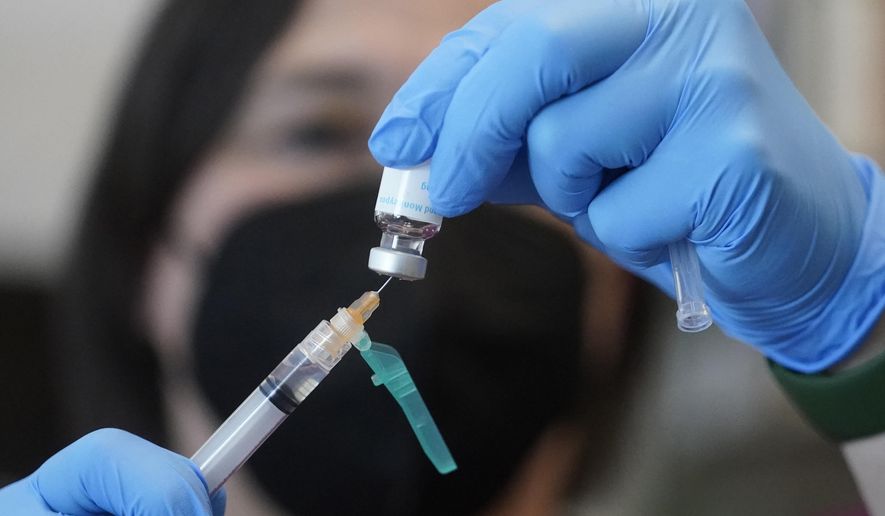The Biden administration on Wednesday claimed it had made “strong progress” against the monkeypox outbreak, pointing to new data showing people who received the Jynneos vaccine are faring much better than persons who did not get the shots.
Officials said the rate of new cases is declining each week and the vaccine campaign has delivered 800,000 vaccine shots, although the team still needs to reach more Black persons in high-risk communities.
“Cases are down and there is promising real-world data on the effectiveness of vaccines,” White House monkeypox coordinator Robert Fenton said. “But let me be clear, we are not done with this fight.”
The Jynneos vaccine is given in two doses, 28 days apart, and immunity is highest two weeks after the second dose.
The CDC compared vaccination and monkeypox-exposure data and found between July and September, those who were eligible but did not get the Jynneos vaccine were about 14 times more likely to become infected than those who got the shots.
Rochelle Walensky, director of the Centers for Disease Control and Prevention, said she is not aware of any severe cases in vaccinated persons, though said the definition of “severe” is subjective and her agency continues to collect data on infections.
Monkeypox is endemic to Africa but surged in the U.S. and other countries in the spring. It is rarely fatal but features a painful rash. The rate of new infection appears to be slowing across the country but lawmakers in both parties have faulted the administration for a slow start to the response.
The lion’s share of the 25,341 cases of monkeypox reported in the U.S. has occurred in gay men, though anyone can catch the virus through close contact with an infected person.
“Nationally reported daily cases continue to decline week over week. Even so, we’re monitoring trends closely in individual states and regions,” Dr. Walensky said.
Deputy Monkeypox Coordinator Demetre Daskalakis said there are reports some people don’t want a visible mark on their lower arm because of the stigma around the virus.
He said vaccine administrators have been advised to offer vaccination near the shoulder or on the upper back — areas more frequently covered by clothes.
The CDC says some persons should consider reducing their potential exposure to the virus by limiting their number of sexual partners while efforts to corral the outbreak are underway.
• Tom Howell Jr. can be reached at thowell@washingtontimes.com.




Please read our comment policy before commenting.